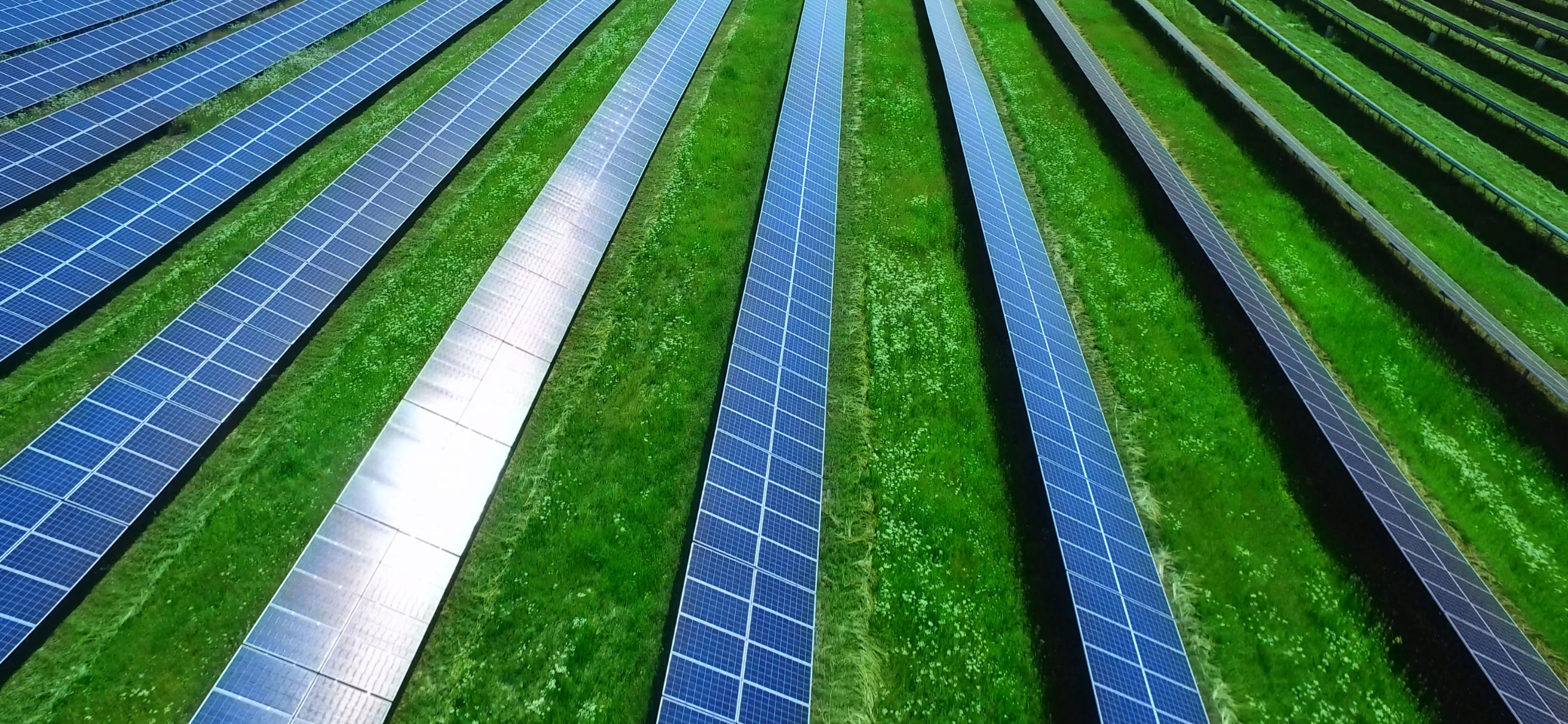
Fact Sheet
Agrivoltaics
Overview
Agrivoltaics, which is the pairing of solar panels (photovoltaics) with agriculture, is quickly becoming a strategy for states to meet their climate and energy goals. Agricultural land used for growing crops, animal grazing, and farmsteads/farm roads accounts for about 43% of the total land in the lower 48 states. Agrivoltaics can create a win-win scenario by offering a unique opportunity to address multiple state priorities simultaneously, including clean energy generation, sustainable agriculture, economic growth, and climate resilience. States are leading the way in allowing for agrivoltaics through a variety of policies.
Key Points
Key Point 1
Utilizing land for agrivoltaics systems has the potential to increase farm productivity by 35-73%. (Colorado State University Extension)
Key Point 2
Solar energy currently provides about 4% of U.S. electricity supply, but it could supply as much as 40% of U.S. electricity by 2035. (U.S. Department of Energy)
Key Point 3
Crops planted beneath solar panels receive protection from harsh weather such as hail or intense sunlight, helping crops to reach their production potential and saving some farms from unexpected crop loss. (Colorado State University Extension)
Policy Options
‘**’ indicates bipartisan sponsorship
- **Colorado SB092 (enacted 2023): Supports agrivoltaics through the integration of solar energy generation facilities with agricultural activities and authorizes grants for new or ongoing demonstration or research projects that demonstrate or study the use of agrivoltaics.
- **New York S.7861A (2023): Directs the department of agriculture and markets to produce and distribute guidance and educational materials for farmers on the use of agrivoltaics in farming.
- Washington S.B. 5187 (2023): Requires a cost-benefit analysis be conducted for the use of agrivoltaic and green roof systems on projected new buildings.
- Maryland H.B.1039 (2022): Exempts certain community solar energy generating systems from personal property taxes and assessed and qualified land that is used for farm or agricultural purposes to have agrivoltaics.
- Massachusetts H.5060 (2022): Establishes a commission to investigate and make recommendations to remove barriers to developing agrivoltaic projects.

Empower State Environmental Champions
Your donation funds the fight for equitable actions that protect the environment and our health.
Donate